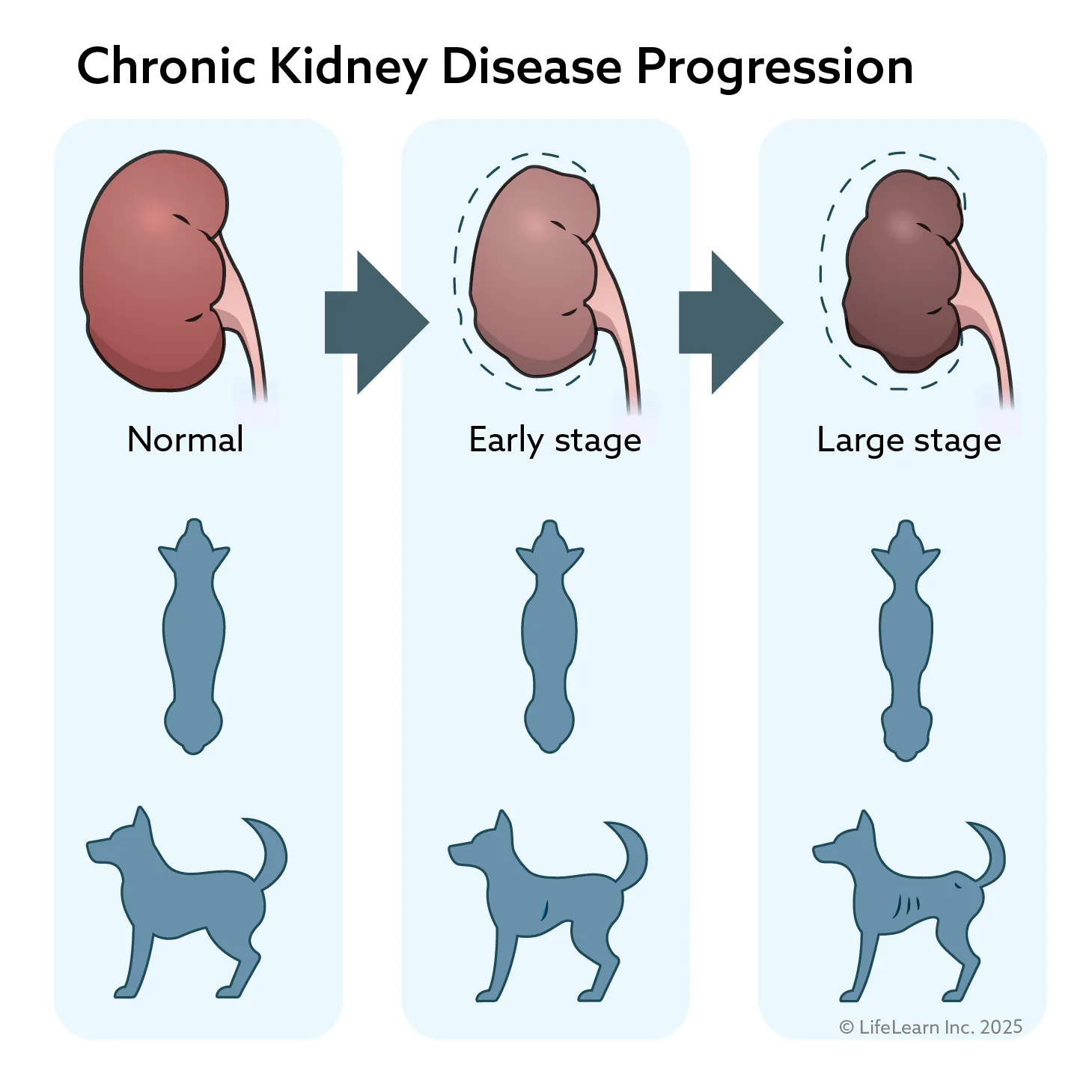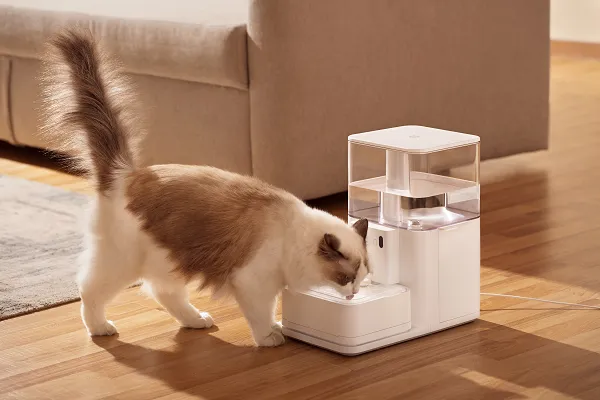Chronic kidney disease (CKD) affects many older cats, making it one of the most common kidney issues in felines. When a cat is diagnosed with CKD, waste products like creatinine and blood urea nitrogen build up in the blood because the kidneys can’t filter them out effectively. This leads to symptoms such as nausea, appetite loss, lethargy, and weight loss. If your cat has CKD, understanding why she needs a special kidney diet is crucial for managing her condition and improving her quality of life.
Veterinarians recommend therapeutic kidney support diets to address CKD. These diets help control symptoms, balance fluids and minerals, maintain nutrition for stable weight, and slow disease progression. Unlike regular adult cat foods, kidney diets are formulated with lower phosphorus, sodium, and protein levels, plus higher potassium and omega-3 fatty acids. Studies show cats on these diets experience less metabolic acidosis and slower CKD advancement.
Key Goals of CKD Management in Cats
Managing CKD focuses on four primary objectives. First, it aims to control clinical signs from toxin buildup, like vomiting or poor appetite. Second, it minimizes disruptions in fluid and mineral balance, which can lead to dehydration or electrolyte issues. Third, sustaining nutrition prevents muscle wasting and weight loss. Finally, slowing progression extends your cat’s comfort and lifespan.
Kidney support products come in kibble, canned, or liquid forms, making them versatile for picky eaters. Always consult your vet before switching, as they can tailor the choice to your cat’s IRIS stage—early or advanced.
 Illustration of kidney disease progression in pets
Illustration of kidney disease progression in pets
How Nutritional Needs Change with CKD
Cats with CKD have impaired kidneys that struggle to concentrate urine, resulting in dilute output and increased thirst. They drink more to flush toxins, so provide unlimited fresh water—change it multiple times daily and clean bowls regularly. Canned kidney diets boost moisture intake naturally, supporting hydration.
Phosphorus restriction is vital, as high levels accelerate CKD. Since phosphorus ties to protein, diets reduce both moderately. Early-stage formulas lower phosphorus with balanced protein, while advanced ones restrict it further. Too little protein risks muscle breakdown, so balance is key—especially for uremic cats showing bad breath, ulcers, or nausea. Lower protein eases kidney workload, preserving function.
Sodium reduction, though not heavily studied, lightens kidney strain and helps blood pressure. Potassium supplementation counters losses in dilute urine, preventing hypokalemia that worsens CKD.
Omega-3s like EPA and DHA combat inflammation and oxidative stress, backed by research slowing kidney decline. For instance, veterinary trials indicate cats on omega-3 enriched diets maintain better kidney function longer.
 Cat drinking from a water fountain to stay hydrated
Cat drinking from a water fountain to stay hydrated
Water fountains encourage drinking, mimicking running water cats prefer. Transition gradually to new diets over 7-10 days to avoid refusal.
Choosing and Implementing the Best Diet
Work with your vet to select from commercial options like Hill’s k/d, Royal Canin Renal Support, or Purina Pro Plan Veterinary Diets NF. These are palatable, with flavors enhanced by adding low-sodium broth or tuna juice if needed. Monitor weight weekly and track bloodwork for creatinine, BUN, and phosphorus levels.
Appetite loss is common as CKD advances; anti-nausea meds like mirtazapine can help. In severe cases, feeding tubes ensure nutrition. For variety, discuss homemade treats for cats with kidney disease with a veterinary nutritionist, but base the core diet on prescription formulas.
Real-world experience from vets shows cats on kidney diets live happier, longer lives. One clinic reported 70% of compliant patients stabilizing for 1-2 years post-diagnosis.
Conclusion: Prioritize Kidney-Friendly Nutrition
A special kidney diet is non-negotiable for cats with CKD—it reduces toxin load, supports hydration, balances minerals, and slows progression. Combine it with vet check-ups, hydration aids, and monitoring for optimal results. Your cat relies on you for these choices.
Consult your veterinarian today for personalized advice, and explore our other guides on feline health for more tips!
References
- International Renal Interest Society (IRIS) Guidelines: iris-kidney.com
- Handout: “Chronic Kidney Disease in Cats” by LifeLearn Client Education
- Studies on omega-3s in CKD: Journal of Veterinary Internal Medicine (various trials on EPA/DHA benefits)
